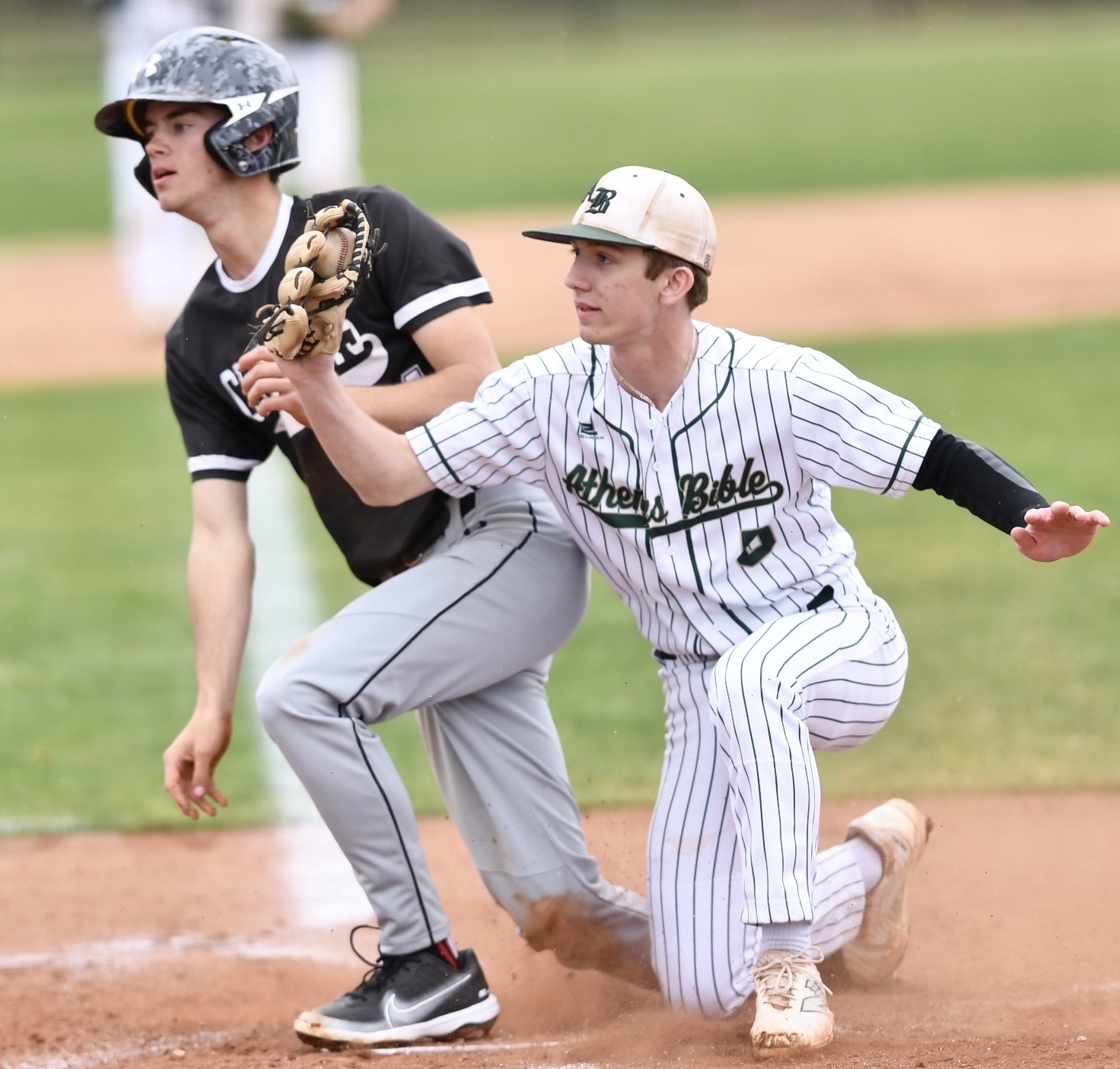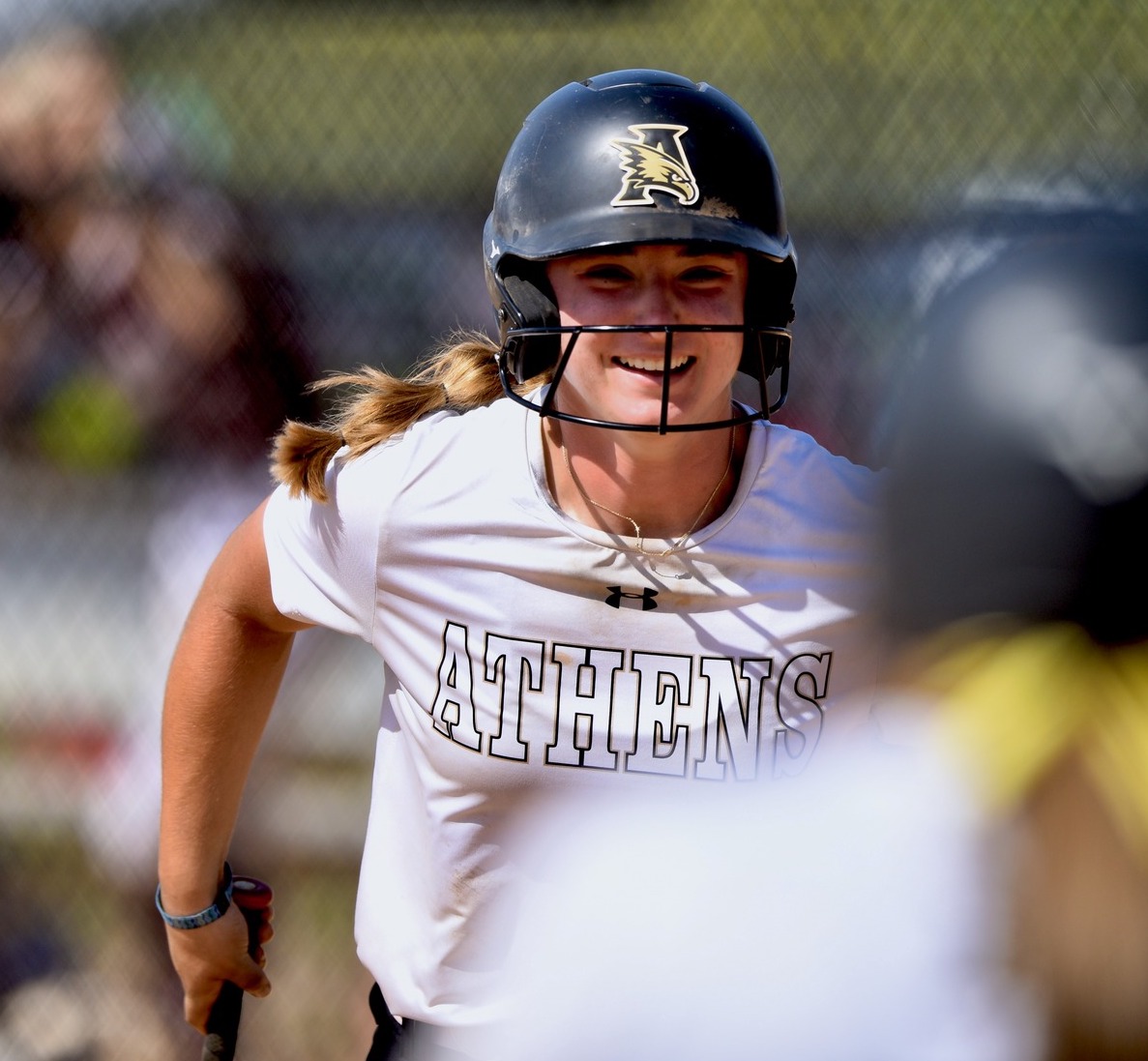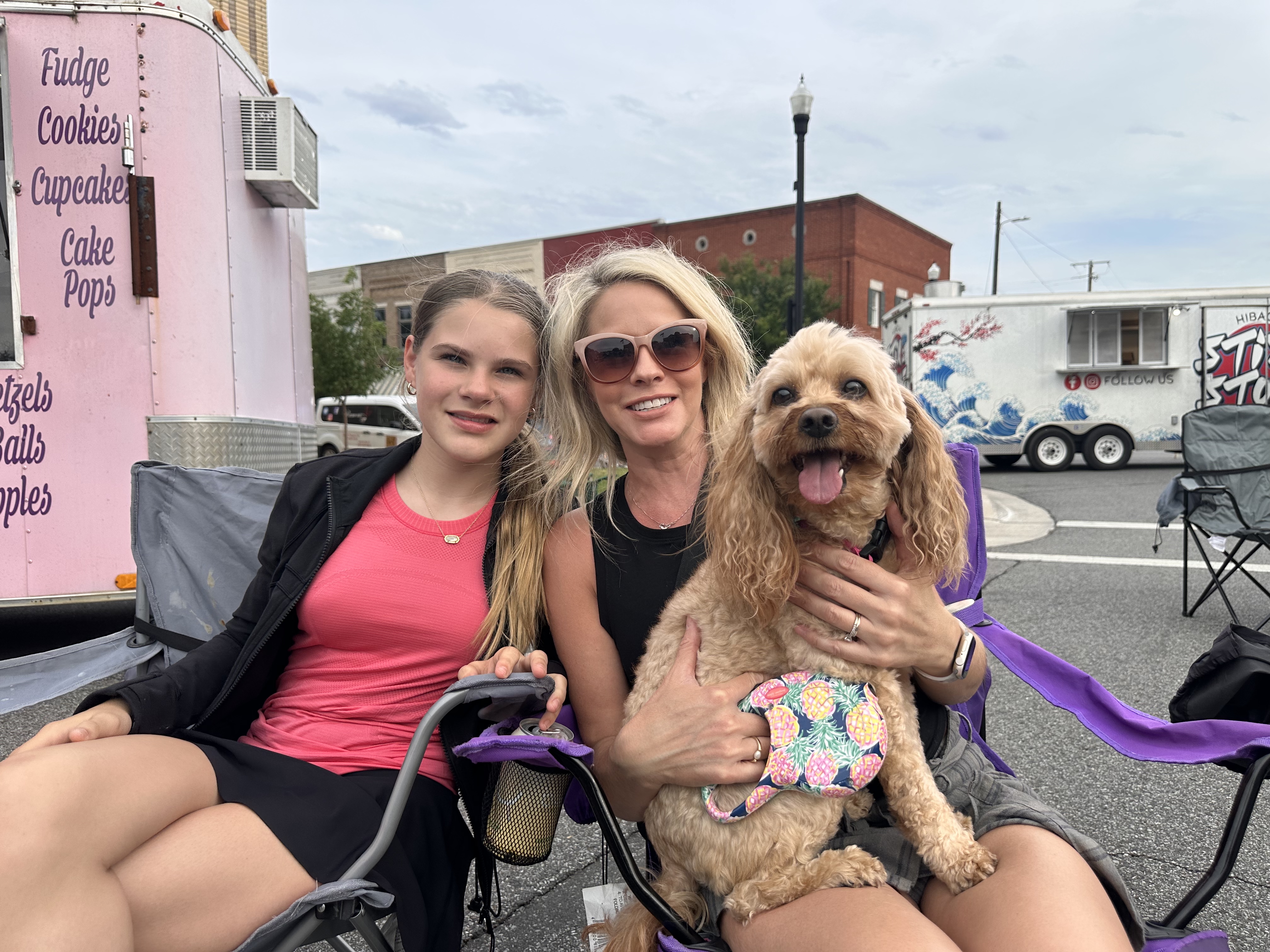Blood donation organizations look for donors to boost supply
Published 6:00 pm Saturday, January 29, 2022
Blood donation service organizations are experiencing their worst blood shortage in more than a decade — a shortage coming amid rising Omicron numbers, officials from LifeSouth Community Blood Centers and the American Red Cross said.
“It’s a national shortage,” said Kami Mitchell, district community development coordinator for LifeSouth.
“While some types of medical care can wait, others can’t,” Dr. Pampee Young, chief medical officer of the Red Cross, said in a release. “Hospitals are still seeing accident victims, cancer patients, those with blood disorders like sickle cell disease, and individuals who are seriously ill who all need blood transfusions to live even as Omicron cases surge across the country. We’re doing everything we can to increase blood donations to ensure every patient can receive medical treatments without delay, but we cannot do it without more donors. We need the help of the American people.”
Critical need
LifeSouth and the American Red Cross are experiencing as much as a 10 percent decline in the number of people donating blood since the beginning of the pandemic. All types of blood are needed, especially types O and O-negative, as well as platelet donations. O-negative blood types are considered universal donors.
Because of the low number of donations, some hospitals may not receive as much as one-quarter of the blood products requested, according to the ARC. Unlike other medical products, blood cannot be manufactured or stockpiled. Platelet donations are especially needed because they have a much shorter shelf life compared to whole blood, about seven days, Mitchell said.
The shortage is also critical for LifeSouth as that organization provides 100 percent blood products to 18 North Alabama hospitals, including Athens-Limestone Hospital which needs five to eight pints of blood each day, Mitchell said.
Blood and platelet donations made with LifeSouth stay in the communities in which they are donated, “saving local lives,” Mitchell said.
“Out of all the shortages (from the pandemic), such as staffing and stores, blood shortages are the more easily fixed — by people just rolling up their sleeves,” Mitchell said. Whole blood donors can donate every eight weeks. Platelet donors can donate every two weeks.
What about donors who have received the COVID-19 vaccine?
At this time, blood donation organizations are following FDA blood donation guidelines for those who have received a COVID-19 vaccination. Donors who have received a COVID-19 vaccine, will need to provide the manufacturer name when they donate.
In most cases, there is no deferral time for individuals who received a COVID-19 vaccine as long as they are symptom free and feeling well at the time of donation.
The following eligibility guidelines apply to each COVID-19 vaccine received, including boosters:
• There is no deferral time for eligible blood donors who are vaccinated with an inactivated or RNA based COVID-19 vaccine manufactured by AstraZeneca, Janssen/J&J, Moderna, Novavax, or Pfizer.
Eligible blood donors who received a live attenuated COVID-19 vaccine or do not know what type of COVID-19 vaccine they received must wait two weeks before giving blood.
For questions concerning blood donation eligibility call (800) 733-2767.
For more information or to find and participate in a local blood drive, visit https://donors.lifesouth.org/donor/schedules/zip or https://www.redcrossblood.org/give.html/find-drive.
ARC volunteers needed
In addition to donations, blood drive volunteers are needed, as are volunteers for the ARC’s other services including disaster action teams, office assistance and photographers showing the ARC in action in both disaster and non-disaster situations. For more information about volunteering locally, call or text (256) 763-1237.





